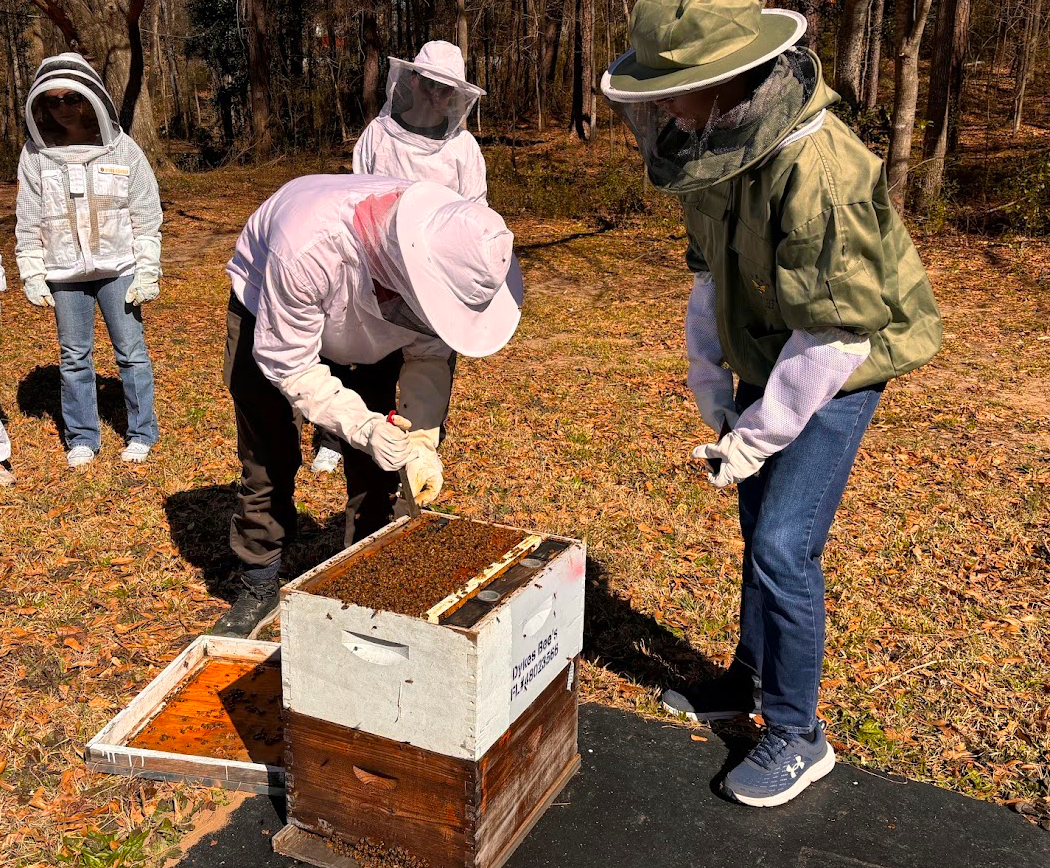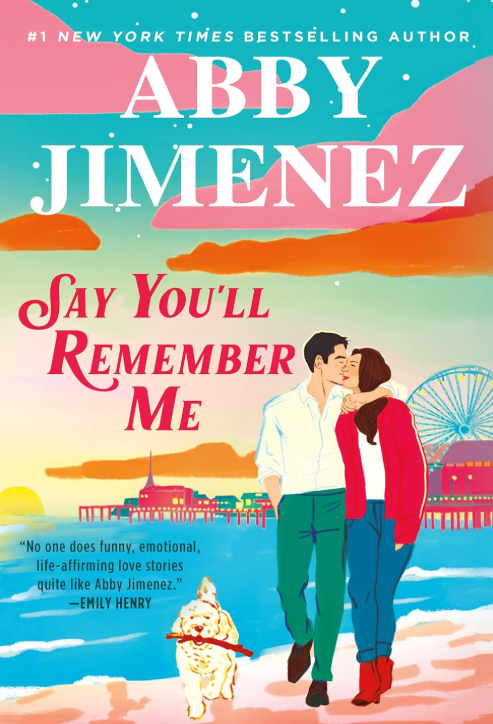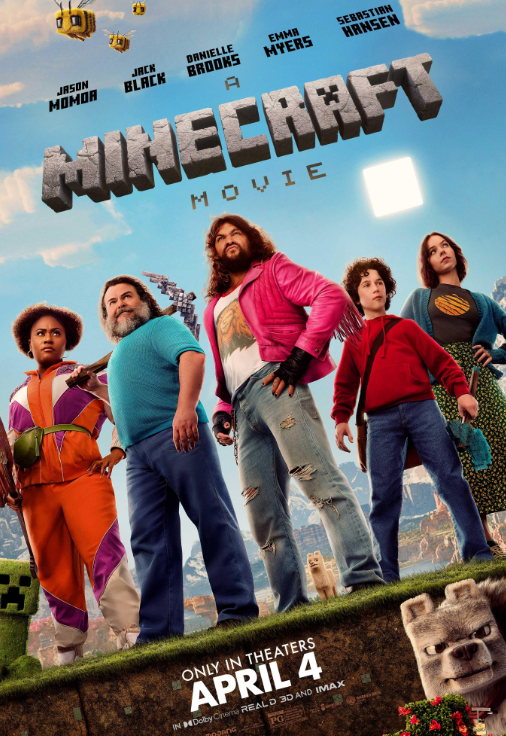Aspiring television writers have an opportunity to be heard in Hollywood this October thanks to the script competition “Scriptapalooza TV.”
Intended to help open doors for aspiring screenwriters, Los Angeles, Calif.,-based Scriptapalooza was founded in 1998, the competition’s president Mark Andrushko said.
The TV competition, which runs through Oct. 15, features four categories for submission: an original pilot, a reality show and a new episode of either a pre-existing hour-long drama or half-hour sitcom. Andrushko said it is in that way that the TV competition separates itself from the film competition.
“Feature-length scripts are always completely original,” Andrushko said. “If it’s based on a book, the writer needs to secure the rights before submitting to us. The television writing competition is different in that almost all the scripts received are spec scripts on existing TV shows; unless, of course, the writer submits an original pilot or a reality TV show.”
The competition, which Andrushko said typically receives 500-600 entries each year, includes a lengthy judging process. During the first round, the scripts are read by participating production companies, literary agents and literary managers.
“They decide which script moves forward. After narrowing it down, we read the remainder in house and decide on a winner,” Andrushko said.
The competition awards 12 submissions with prizes. According to the Scriptapalooza website, four first-place, second-place and third-place winners will all have their scripts sent to more than 50 producers with whom Scriptapalooza has connections. The winners also earn cash prizes and a yearlong membership in the International Screenwriters’ Association.
Andrushko said aspiring writers whose scripts don’t win are still able to benefit from participating in the competition.
“After we announce the winners, we literally will call and pitch the top 100 to all of our contacts,” Andrushko said. “That’s about 125 producers.”
Adam Schwartz, a University of Alabama professor of telecommunication and film who has written, directed and produced several student-made TV pilots, said the competition is a good idea for aspiring writers and filmmakers.
“I think that competitions in general, be it filmmaking competitions or screenwriting competitions, are good ways to get people experience working on projects like scripts or videos, but also working under the confines of deadlines,” Schwartz said.
The Scriptapalooza competition has produced several writers who have gone on to be successful in the industry, including Daytime Emmy-winner Barbara Schwartz (Outstanding Daytime Children’s Program, “Rugrats,” 2003); Writers’ Guild of America award-winner Andrew Colville (Drama Series, “Mad Men,” 2010); and “Family Guy” writer Aaron Blitzstein.
“We have a wide pool of connections that have helped many writers throughout the years, and not just the one writer who won the competition,” Andrushko said. “If that college student’s script lands somewhere between one and 100 in the top, they will be pushed and promoted.”
For more information, including contest rules and guidelines, visit the competition’s website at scriptapaloozatv.com.
^








